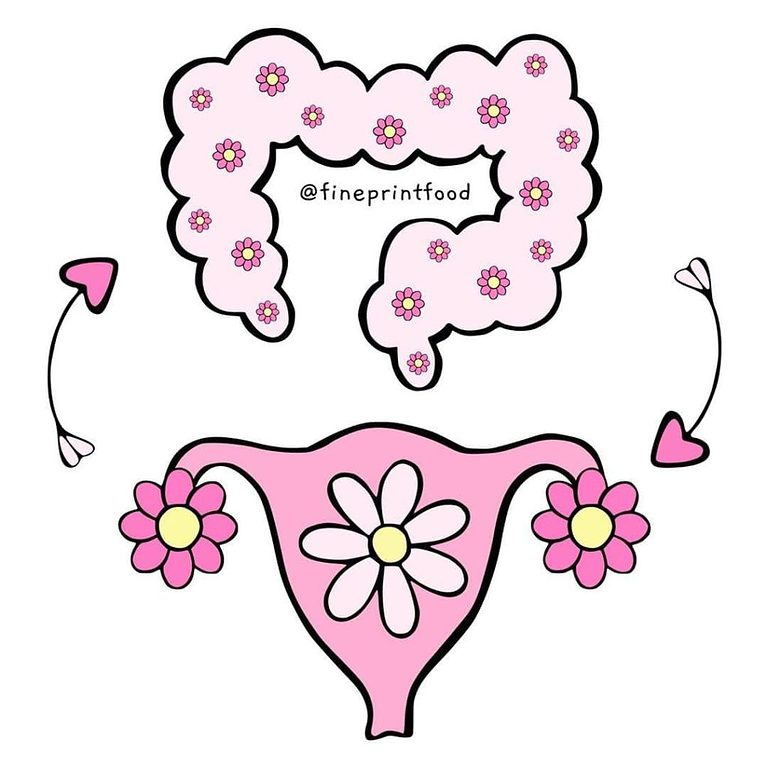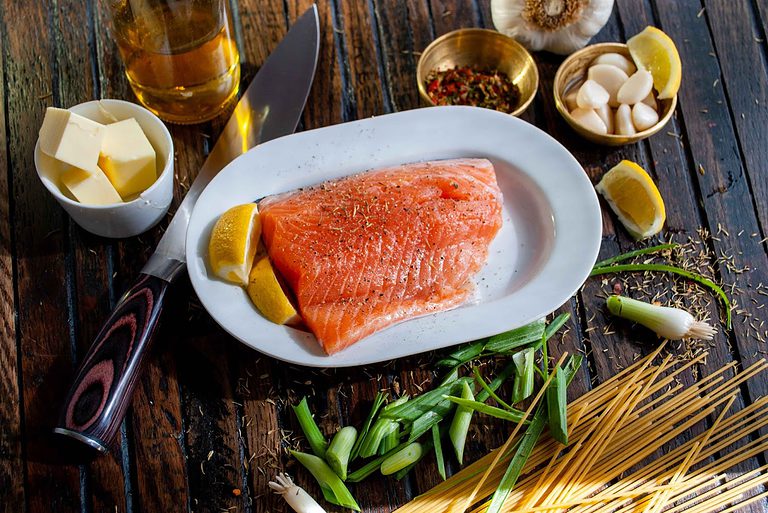I cannot be the only dietitian (or student dietitian) out there that is in a relationship with someone who has eating habits that we may not necessarily love… (sorry, babe).
I mean, you love them, right? You know how important nutrition, health & fitness is to living longer and healthier lives, why don’t they just GET IT?!
I’ve been there, and in all seriousness there are ways to help your partner create healthier habits without it turning into the “you’re trying to change me” talk.
I just kept reminding myself that just because they’re a loved one doesn’t mean I could be their personal food police because I happened to see what they were eating (compared to your patients/clients, for example). Instead, I shifted to an approach that I WOULD take with clients, I’m in it for long-term changes!
FYI, this can totally apply to other loved ones (i.e. not your partner) too!
1. Do they even want to make change?
If they don’t, seriously it’ll be like hitting your head against the wall. Just wait it out, almost everyone gets to a point where they realise they need to improve what they’re eating or drinking for whatever reason.
If they are keen on making change but don’t know where to start, ask if they’d like your help. Asking permission is KEY! Just because they’re your nearest and dearest does not mean you have the right to be “fixing” their diet without their permission!
I’d let them come to you if they’re interested, don’t push it or force it, you know that wouldn’t work for anybody else and it won’t work for your nearest and dearest.
2. Monkey see, Monkey do!
Ah yes, role modelling works for the tiny humans and it probably works for your partner too!
Model the behaviours you’d like them to adopt by doing them yourself. It may take a while, but eventually they’ll at least be curious about what you’re doing and why you’re doing it. Don’t be tempted to pull the sarcastic “See, look, I’m eating a vegetable, you should try it sometime”, just do your thang!

Sometimes just showing how awesome eating well can be and that it can be delicious, over time, will get them to change their tune. Try cooking meals at home together and make healthier swaps, get them to try some of your food that’s new to them, provide education in a positive way when they ask for your advice on food!
Seriously, it took my boyfriend seeing how guacamole is made (which he always loved), to realise that his distaste for avocadoes may have been unwarranted. Now, he’s stealing my avo toast from my plate!
3. Negative reinforcement, seriously, doesn’t work
Just like you wouldn’t “punish” or “scold” your client for making less than desirable food choices, don’t do it to your significant other. It’s their choice at the end of the day, and whilst it can be frustrating when you may know better, just bite your tongue!

Or you could politely offer a suggestion for an alternative (again depends if they’re even ready to hear that). For example, I CANNOT get my partner to give up energy drinks, but I managed to get him to switch to sugar-free alternatives. It’s a win in my eyes! They’ve probably changed a lot of their dietary habits since being around you, without you even noticing, think of them all as small wins (just as you would with a patient or client).
4. Suggest activities that encourage healthier behaviours
For example, take a cooking class together, or plant a herb garden or even going for a walk instead of going to the movies. Your significant other will probably go along because YOU’RE there, and they may just like it too! Plus, it gets you away from your stock standard date ideas that seem to quickly run out.

5. Remember, we are all more than what we choose to eat
Food is a part of dating, celebrations, anniversaries and memories. It’s one of the core aspects of a relationship, sharing food together! You probably didn’t get together with that person because they ate a well-balanced diet.
Don’t take it too seriously and roll with it, the ball is ultimately in their court and you can be there to support them if they choose to make a change! And if they are willing to make changes but they don’t want you to be the one helping them implement it (i.e. they don’t want to be your “client”), get them to see another dietitian, sometimes it takes someone external to their own life to help them see where they can make changes.

Ultimately, your partner IS NOT your life-long patient or project to work on. Yes, it’d be nice if they followed your tune a little more, but that’s okay, we’re all different! You never know, there may be a day when they turn to you for help with wanting to try new foods or how to eat well.. until that day you can just order your different meals when you go out to eat.
If you’ve had any of these kinds of experiences, let me know on Instagram or Facebook!







